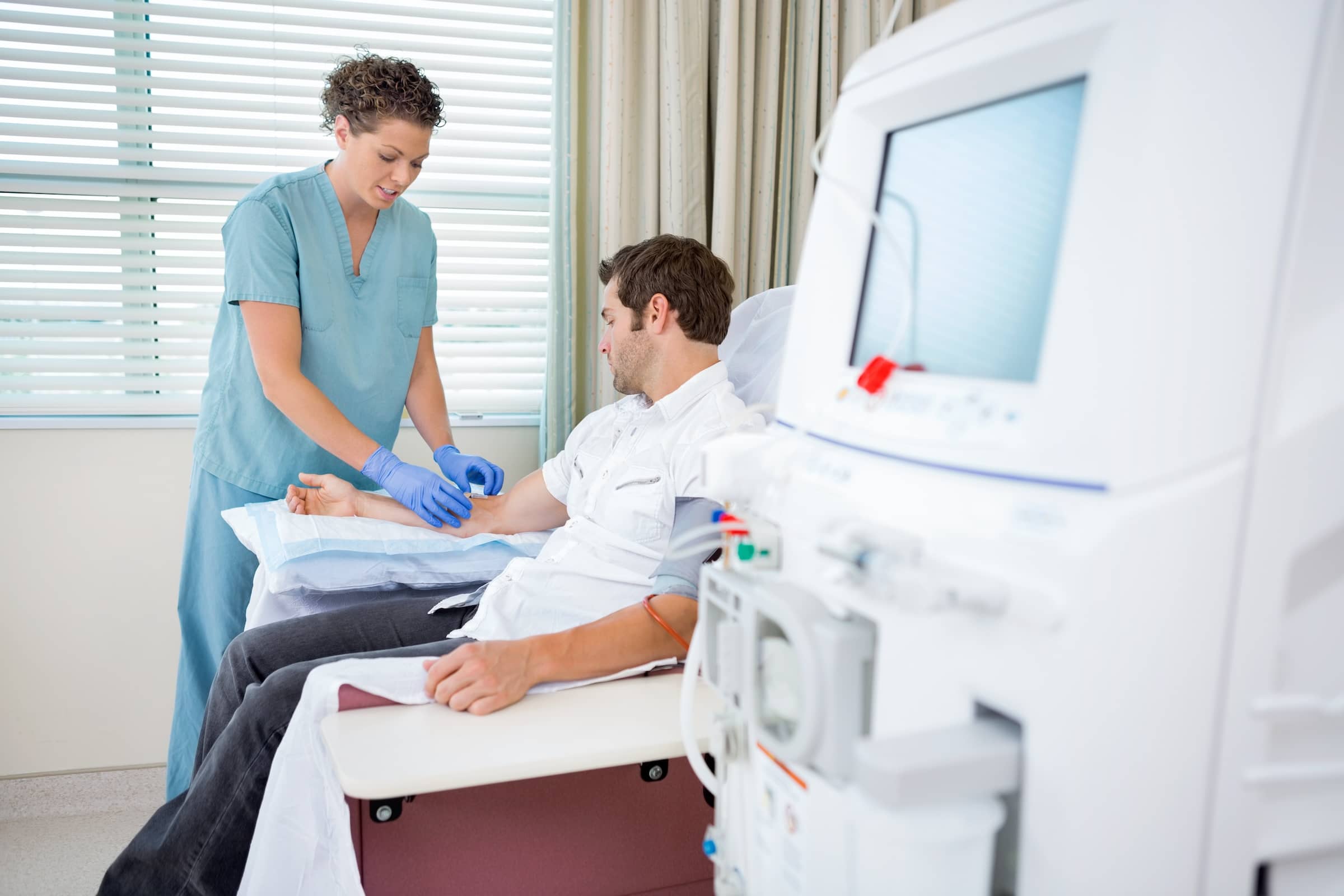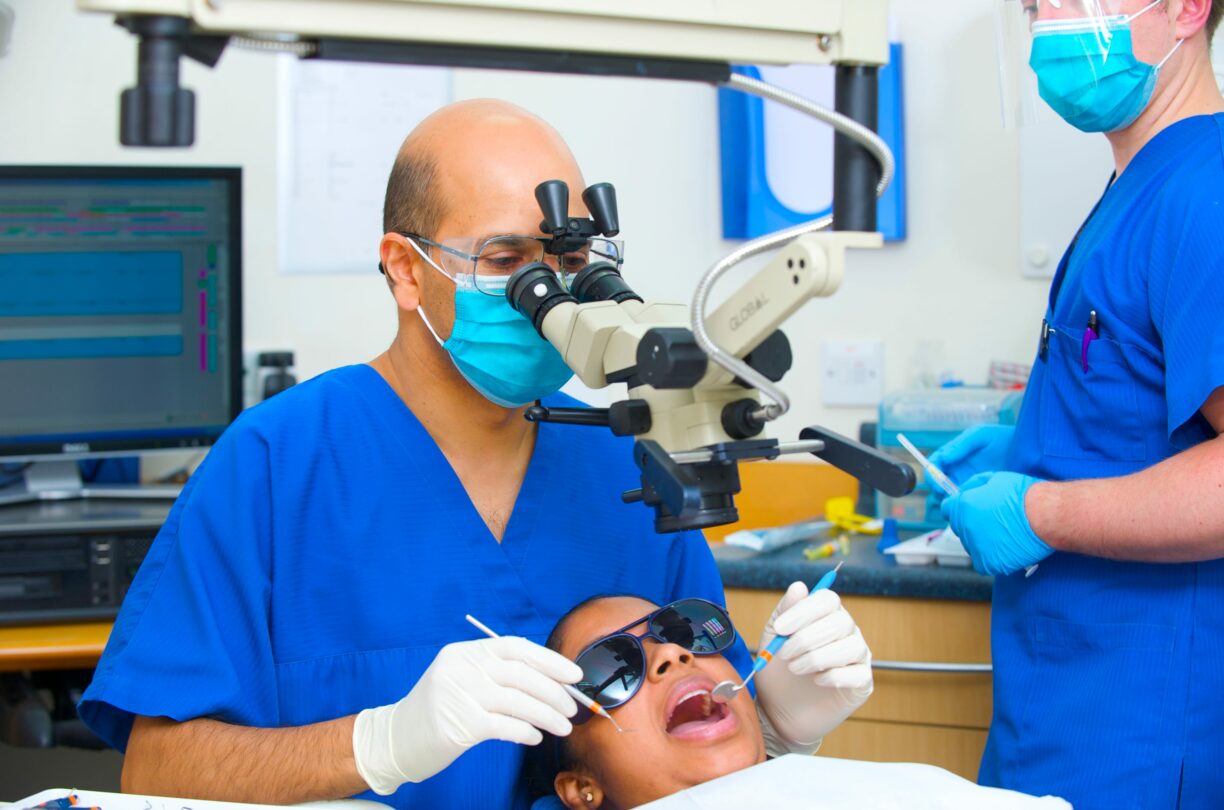It’s high time we chatted about something a bit tough—kidney cancer care in the NHS. A recent report from Kidney Cancer UK has laid out a rather stark picture: mental health support for people battling kidney cancer is not where it should be.
It seems the NHS has dropped the ball when it comes to providing the emotional backing these patients desperately need.
The report, “Navigating the impact of kidney cancer: A decade insight into patient care and mental health,” pulls together insights from a decade’s worth of patient surveys.
What it reveals isn’t just disappointing; it’s a call to action. Simply put, the NHS’s mental health support for kidney cancer patients is missing the mark, and it’s time for a serious game plan change.
Malcolm Packer, who heads up Kidney Cancer UK, put it plainly: “We need a nuanced approach to patient care, one that prioritises mental health – as well as physical health.
The role of timely, relevant information to individuals with kidney cancer cannot be underestimated, and as a charity we consistently see those who have their information needs met after the shock of diagnosis or following treatment generally experience far better mental health outcomes.
“This comprehensive report combining a decade’s worth of data from kidney cancer patients provides valuable insights into how healthcare professionals and patient organisations can collaborate to meet the complex needs of kidney cancer patients, ensuring they receive the support necessary to navigate their diagnosis and treatment journey with resilience and hope.”
Over 3,200 kidney cancer fighters have chimed in over the survey’s history, and the feedback is a bit of an eye-opener.
About 37% of patients weren’t happy with how they were told they had kidney cancer. A good 30% were left without even the name of their Clinical Nurse Specialist (CNS), and nearly a third felt left in the lurch after their surgery.
Dr. Kate Fife, a top-notch oncologist at Addenbrooke’s Hospital, voiced her concerns too: “It is very disappointing to see that 37% of patients are unhappy with the way they were given their kidney cancer diagnosis.
Sensitive and clear patient communication is very much a priority for healthcare professionals, but despite training in communication, delivering news of a cancer diagnosis has not improved over the last 10 years of surveys.
“Couple this with the news that there is no change in the amount of information and support shared following diagnosis, the message to healthcare professionals everywhere is that we need to be more sensitive in our actions and work closer with Charities to help better support all cancer patients. There is clearly much room for improvement.”
The report isn’t just about highlighting problems; it offers some practical, straightforward fixes:
- Make sure every patient has their CNS’s contact info on hand for immediate support.
- Improve access to trustworthy info about treatments and surgeries.
- Point patients towards counselling to deal with the initial shock of a cancer diagnosis.
These steps are all about closing the gap in mental health care, making the journey a bit less daunting for those hit with a kidney cancer diagnosis.
Kidney Cancer UK is pushing forward, with their 11th annual survey now open, urging all kidney cancer patients to add their voices to the mix. This isn’t just about gathering data; it’s about sparking real change.
As this conversation grows, the message is crystal clear: the NHS needs to step up its game and fully embrace the support that charities like Kidney Cancer UK offer. It’s the only way to ensure that every patient not only survives but thrives.
For the full scoop on the report and how to get involved or seek support, head over to www.kcuk.org.uk.





